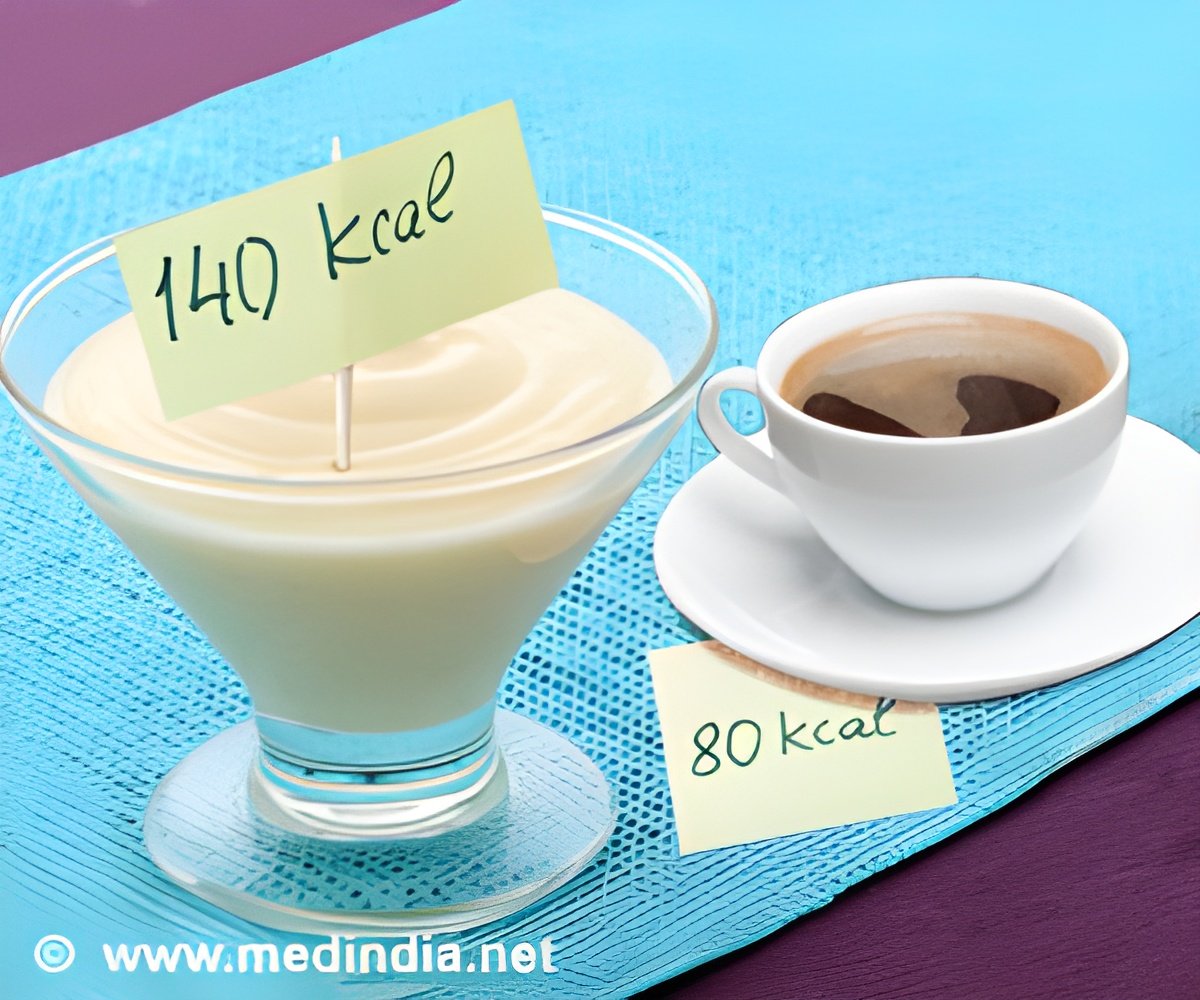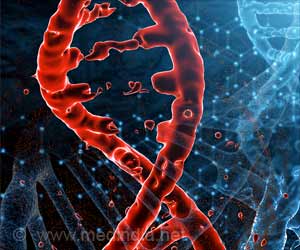A nationwide study will create an algorithm to predict individual responses to nutrition.

The ability to prescribe diets that account for the factors unique to each person, such as their genetics, metabolism, physiology, behavior, even the microorganisms in their body.
Nutrition for Precision Health, powered by the All of Us Research Program will develop a first-of-its-kind algorithm to predict individual responses to food and dietary routines.
The study will recruit 10,000 people nationwide from the 1 million U.S. residents who have volunteered their health data for the National Institutes of Health’s All of Us Research Program.
Scientists at the six clinical sites will follow 10,000 participants while they eat their usual diets. The study will also gather data on 1,500 participants who will follow one of three prescription diets while living at home. A final group of 500 participants will follow the same diets during stays at clinical sites.
Researchers will measure blood sugar levels and biomarkers of cardiometabolic health, such as insulin resistance, blood pressure, and blood lipids. Wearables will be used to track participants’ physical activity and sleep. They will also collect samples of blood, urine, saliva, hair, and stool to assess the impact of people’s diets.
Advertisement
Advertisement















